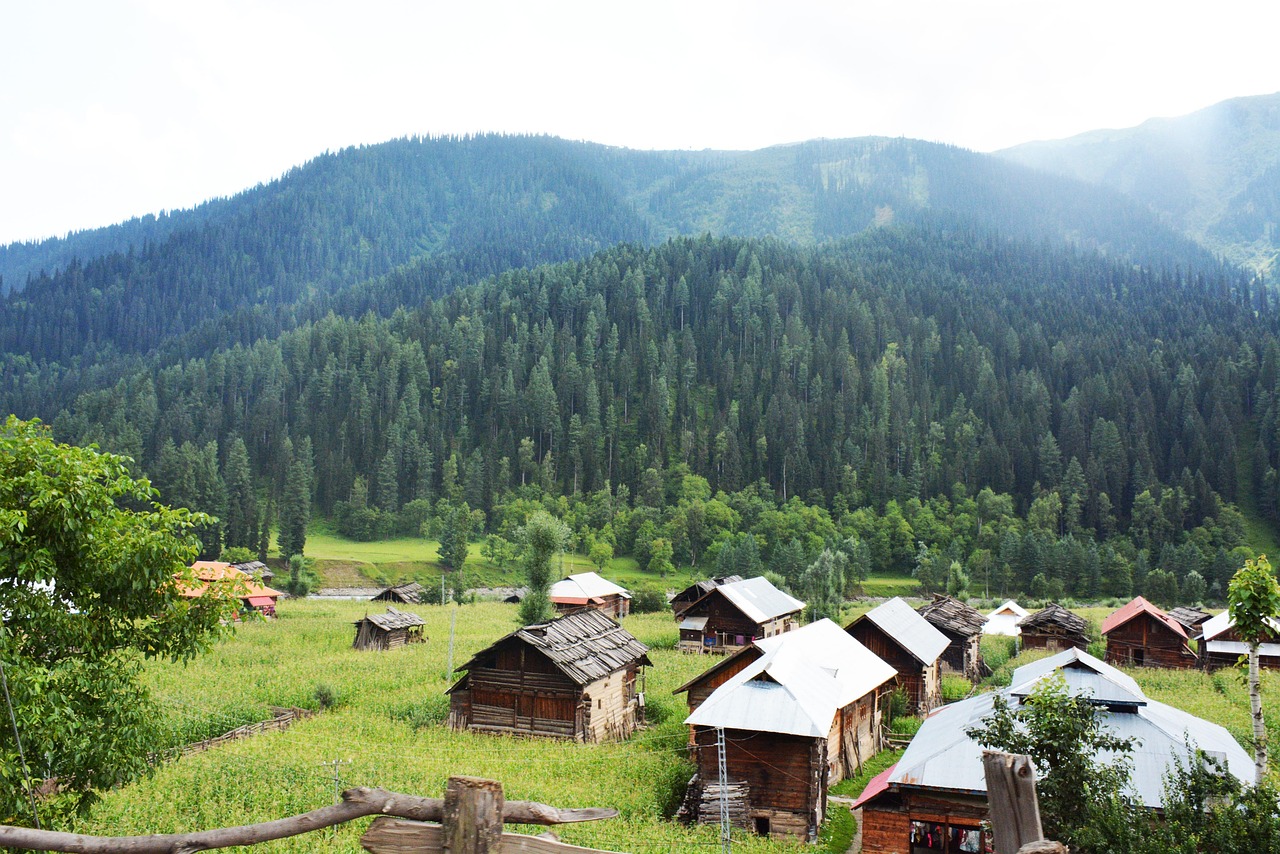Coping with Power Outages: Being Prepared in Pakistan
Power outages are a common occurrence in Pakistan, and it is essential to be prepared for such situations. Whether it’s due to load shedding, faulty infrastructure, or natural disasters, power outages can disrupt daily life and pose various challenges. This article will provide you with valuable information and tips on how to cope with power outages in Pakistan.
Section 1: Understanding Power Outages in Pakistan
Before diving into coping mechanisms, it’s crucial to understand why power outages happen in Pakistan. The country faces a significant energy crisis, leading to an inadequate supply of electricity. The demand often exceeds the available generation capacity, resulting in scheduled load shedding to manage the situation. Additionally, aging infrastructure and technical faults contribute to unscheduled power outages.
- Electricity shortfall: Pakistan experiences a substantial gap between electricity demand and supply, leading to load shedding.
- Load shedding schedule: Power distribution companies implement scheduled power cuts to manage the energy crisis.
- Aging infrastructure: The outdated power infrastructure in many areas of Pakistan is prone to failures and breakdowns.
Section 2: Creating an Emergency Kit
Being prepared for power outages starts with having an emergency kit readily available. This kit should contain essential items to help you navigate through the darkness and ensure your safety during extended power cuts.
- Flashlights and batteries: Keep multiple flashlights with extra batteries to provide light during power outages.
- Candles and matches: Candles can serve as an alternative light source, but always exercise caution and keep them away from flammable objects.
- Portable charger: Invest in a portable charger to keep your mobile devices powered up for communication.
- Bottled water and non-perishable food: Stock up on bottled water and non-perishable food items to sustain yourself during extended power outages.
- First aid kit: Ensure you have a well-stocked first aid kit to handle any medical emergencies that may arise.
Section 3: Managing Food and Cooking
During power outages, it’s essential to have a plan for managing food and cooking without electricity. With proper preparation, you can ensure that your food remains safe to consume and have alternative cooking methods available.
- Refrigerator and freezer: Keep the refrigerator and freezer doors closed during power outages to maintain the temperature and preserve perishable food for a longer duration.
- Ice packs and coolers: Use ice packs and coolers to keep essential items like medications, baby formula, and perishable food cool.
- Propane or charcoal grill: Have a propane or charcoal grill available for outdoor cooking during extended power outages.
- Canned and ready-to-eat food: Stock up on canned goods and ready-to-eat meals that can be consumed without cooking.
Pakistan Image 1:

Section 4: Ensuring Communication
Staying connected during power outages is crucial for receiving updates, reaching out for help, and staying informed about the situation. Here are some tips for ensuring communication during such times.
- Backup power source: Invest in a backup power source, such as a generator or uninterruptible power supply (UPS), to keep your internet router and phone charged.
- Mobile network coverage: Check for areas with better mobile network coverage and consider purchasing a mobile hotspot device for internet access.
- Offline communication: Keep a list of emergency contact numbers and important addresses written down in case your electronic devices run out of power.
Section 5: Staying Cool and Comfortable
Power outages can be particularly challenging during hot summers in Pakistan. It’s essential to stay cool and comfortable to prevent heat-related illnesses. Here are some tips to help you beat the heat during power cuts.
- Battery-operated fans: Have battery-operated fans available to circulate air and provide some relief from the heat.
- Wet towels and ice packs: Use wet towels and ice packs to cool down your body temperature.
- Stay hydrated: Drink plenty of water to stay hydrated and avoid heat exhaustion.
Section 6: Maintaining Home Security
Power outages can create vulnerabilities in home security systems. It’s crucial to take necessary precautions to maintain the safety of your property and loved ones during such times.
- Backup power for security systems: Install a backup power source for your home security systems, such as CCTV cameras and alarms.
- Outdoor lighting: Install motion-sensor outdoor lights to deter potential intruders during power outages.
- Neighborhood watch: Coordinate with your neighbors to keep an eye on each other’s properties during power cuts.
Pakistan Image 2:

Section 7: Protecting Electronic Devices
Power outages can pose risks to electronic devices. Taking precautions can help protect your devices from damage and ensure their longevity.
- Surge protectors: Use surge protectors to safeguard your electronic devices from voltage fluctuations when the power is restored.
- Unplug during power surges: Unplug sensitive electronic devices during power surges to prevent damage caused by sudden voltage spikes.
- Backup and secure data: Regularly back up your important data and secure it in cloud storage or external hard drives.
Section 8: Entertainment and Mental Well-being
Power outages can be stressful, but there are ways to keep yourself entertained and maintain your mental well-being during such times.
- Board games and puzzles: Keep board games, puzzles, or playing cards to engage in offline entertainment.
- Books and magazines: Stock up on books and magazines to indulge in reading during power cuts.
- Battery-operated radio: Have a battery-operated radio to stay updated with news and keep yourself entertained with music.
Section 9: Emergency Preparedness
Being well-prepared for emergencies is essential to minimize the impact of power outages. Here are some additional tips to enhance your emergency preparedness.
- Know your neighborhood: Familiarize yourself with the nearest hospitals, police stations, and emergency services in your area.
- Keep emergency supplies: Have a stock of essential supplies like bandages, medicines, and a fire extinguisher in case of emergencies.
- Emergency evacuation plan: Create an emergency evacuation plan with your family and practice it regularly.
Pakistan Image 3:

Section 10: Community Support
During power outages, coming together as a community can provide support and help overcome challenges collectively.
- Community initiatives: Participate in or organize community initiatives to address common issues faced during power outages.
- Sharing resources: Share resources like backup power sources, food, and water with neighbors in need.
- Stay informed: Join local community groups or social media platforms to stay informed about power outage updates and community support initiatives.
Section 11: Reporting Power Outages
Reporting power outages promptly can help authorities identify and resolve issues more efficiently. Here’s how you can report power outages in Pakistan.
- Contact your electricity provider: Keep the contact information of your electricity provider handy and report power outages immediately.
- Online reporting: Many electricity providers have online portals or mobile apps where you can report power outages.
- Social media platforms: Check if your electricity provider has a presence on social media platforms where you can report power outages.
Section 12: Conclusion
Coping with power outages in Pakistan requires preparedness, resourcefulness, and community support. By understanding the causes of power outages, creating an emergency kit, ensuring communication, and taking necessary precautions, you can navigate through power cuts with greater ease and safety. Remember to stay informed, support your community, and report power outages promptly to the relevant authorities.
References:
- www.pakistanelectricpowercompany.com
- www.poweroutage.pk
- www.energy.gov.pk

